Transforming Finance and Accounting: Unleashing the Power of Automation
Embracing Automation in Finance and Accounting
In our modern, fast-evolving business landscape, the finance and accounting sectors are increasingly pushed towards operational excellence. Automation technology, including advancements in artificial intelligence (AI), machine learning (ML), and robotic process automation (RPA), offers a revolutionary path. This comprehensive exploration delves into the significant impact of automation across various financial operations, such as automated bookkeeping, invoice management, expense tracking, fraud prevention, and the overarching benefits and practical applications of these technologies in the field.
Revolutionizing Bookkeeping and Invoicing with Automation
Automation is redefining traditional bookkeeping and invoicing processes. Systems like QuickBooks and Xero simplify the handling of financial records by automating data entry, transaction categorization, and reconciliation, thus reducing human error and manual workload. Automated invoicing systems further streamline operations by generating and sending invoices, setting payment reminders, and monitoring payment statuses automatically. These advancements not only save time but also decrease administrative costs and enhance cash flow management.
Streamlining Expense Management and Reporting
Automated expense management systems like Expensify and Concur transform the cumbersome process of tracking and reporting employee expenditures. These platforms automate the submission, approval, and reimbursement of expenses, ensuring adherence to corporate policies and regulatory compliance. Furthermore, tools for reporting automation generate essential financial documents such as balance sheets and income statements, leveraging real-time data for accuracy and timeliness, thereby improving strategic decision-making and ensuring financial compliance.
Enhancing Fraud Detection and Risk Management
In finance and accounting, robust fraud detection and risk management are imperative. Automated systems use AI and ML to scrutinize extensive financial data sets to detect irregularities and potential fraud, such as invoice tampering or payroll fraud. These systems proactively identify risks, allowing businesses to respond swiftly to protect their financial interests. Automation in risk management also aids in regulatory compliance and cybersecurity, safeguarding companies from financial and reputational damage.
The Advantages of Adopting Financial Automation
Implementing automation in finance and accounting brings myriad benefits:
Increased Efficiency: Automation accelerates various financial processes, enhancing overall operational efficiency.
Cost Reduction: It minimizes the need for extensive manual labor and reliance on paper, resulting in significant cost savings.
Enhanced Accuracy: By eliminating the human error factor in data handling, automation ensures more accurate and reliable financial reporting.
Strengthened Compliance: Automated controls maintain stringent adherence to internal policies and external regulations.
Informed Decision-Making: Real-time financial insights facilitate quicker and more effective business decisions.
Competitive Edge: Automated finance processes can provide significant advantages over competitors by improving speed, accuracy, and cost-efficiency.
Conclusion: The Future is Automated
The shift towards finance and accounting automation marks a significant transformation in how businesses manage their financial operations. The integration of automation technologies not only boosts efficiency and accuracy but also provides a strategic advantage in a competitive market. As companies continue to adopt these innovations, they will likely see not just incremental improvements but potentially game-changing shifts in their operational capabilities. Embracing automation is no longer just an option but a crucial strategy for future-proofing financial operations and achieving long-term success.
Author


